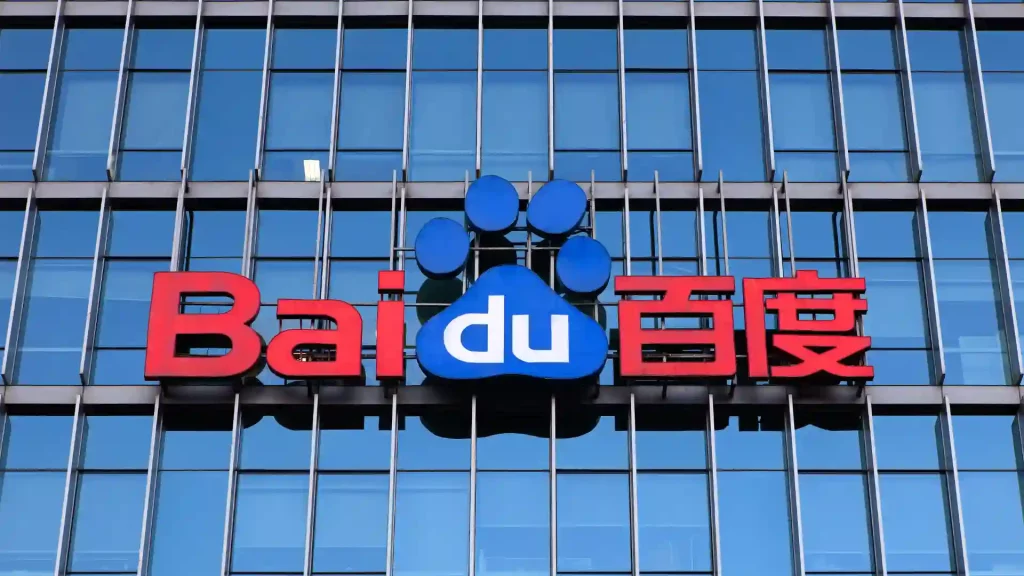Baidu Inc., China’s technology giant, has announced that it has received approval to operate fully driverless robotaxi services on open roads in two Chinese cities from Monday. These approvals mark the first of its kind in China.
The permits have been awarded by Chongqing, a Southwestern municipality, and the central city of Wuhan. The approvals will allow commercial robotaxi services without human safety drivers to offer rides to the public.
The company, in a statement, said that this decision marked a turning point in Chinese policy towards commercial deployment of fully autonomous vehicles.
Chief Safety Operation Officer of Baidu’s Intelligent Driving Group, Wei Dong, remarked that the moment was equivalent to landing on the moon, with the granting of permits carrying a deep significance for the industry.
Baidu to deploy robotaxis in Wuhan and Chongqing
Initially, the company has plans to operate five fee-charging robotaxis in each city. The robotaxis will operate in designated areas in Wuhan between 9 am and 5 pm, and between 9.30 am and 4.30 pm in Chongqing, according to a statement from Baidu.
The operational areas for the robotaxis will cover an area of 30 square kilometers in Yongchuan District in Chongqing, and an area of 13 square kilometers in the Economic and Technological Development Zone in Wuhan.
Earlier this year, along with Toyota-backed Pony.ai, Baidu had announced that it received permits in Beijing to operate robotaxis without safety drivers in the drivers seat within an area of 60 square kilometers. However, the permits granted by Beijing requires that the robotaxis have a safety driver in the passenger seat. These commercial services have already commenced.
According to Wei Dong, Baidu is in talks with authorities in Shanghai, Shenzhen and Beijing to procure licences to test fully-driverless, unpaid robotaxis in these cities within a year.
US regulators have been forging ahead with milestone policies for autonomous vehicles, and China’s efforts to fast-track autonomous vehicle permits and trials come amid this race.
At the beginning of this year, US-based autonomous vehicle company Cruise received permission from the California Public Utilities Commission to offer fully-driverless, paid rides on select streets in San Francisco between 10 p.m. and 6 a.m.
Baidu’s robotaxi service, Apollo Go, has operated in excess of 1 million rides across 10 Chinese cities since it was launched in 2020.
Till date, the company has not reported any problems with the robotaxi service. The company has also not disclosed its total investment in the project.
